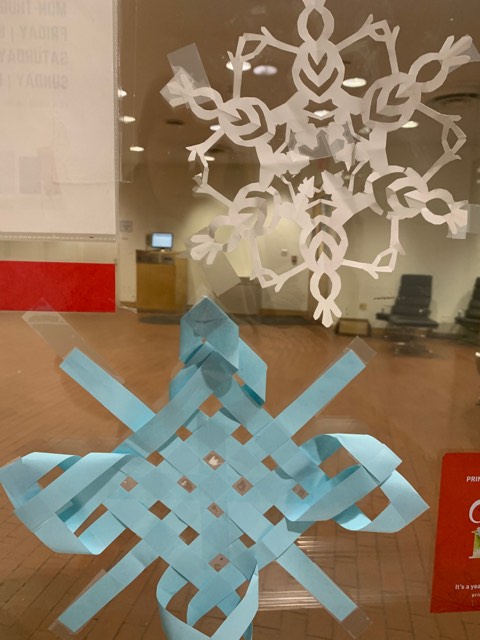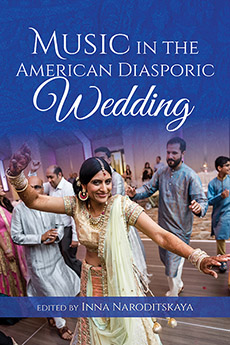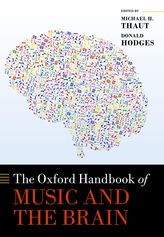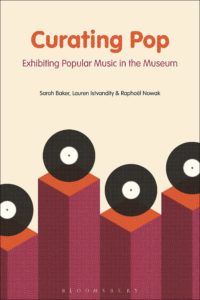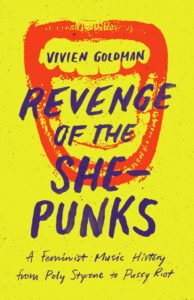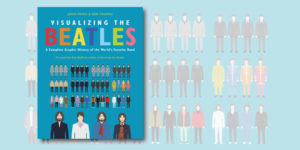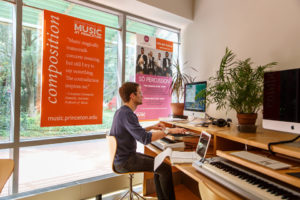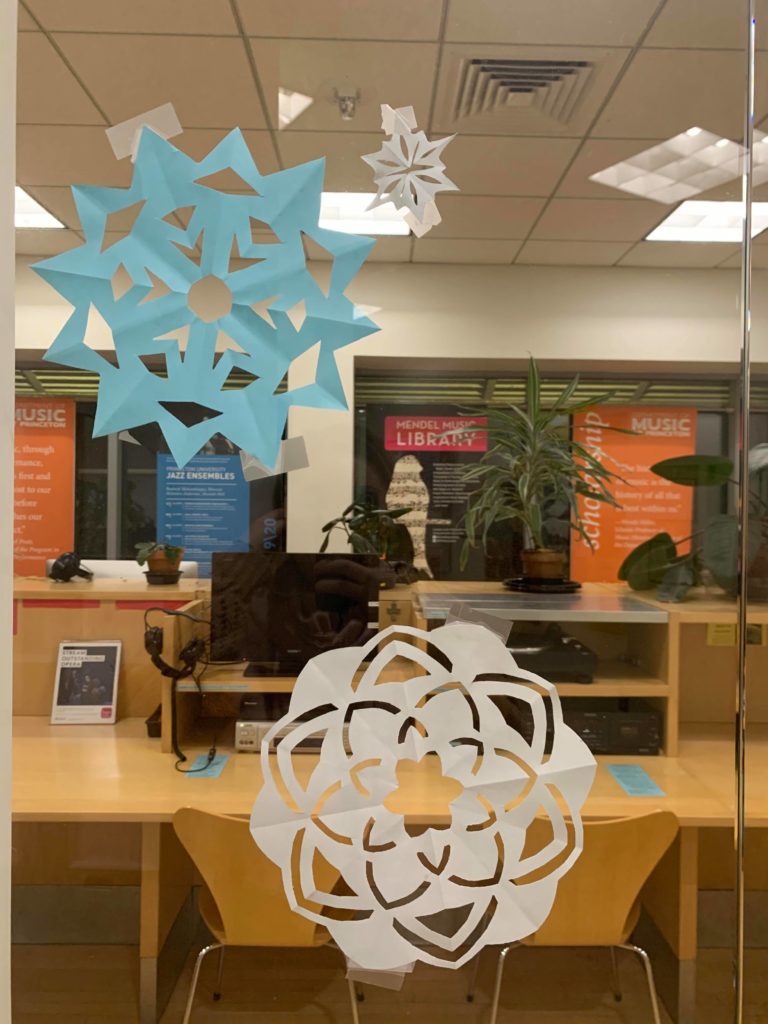
Finals! Arguably the worst time of the year, there’s no doubt that finals and reading period is a special kind of busy in the life of the average Princetonian. Piles of finals densely packed in a way that seems insurmountable can fell even the brightest of student. With that in mind, here are some tips for surviving the next few days until the lovely respite that is fall break!
- Drink water! Not just coffee!
I’m sure this sounds intuitive to most, but it’s easy to get caught up in cup after cup of Wawa coffee. That headache that comes on around 2-3AM deep into a night of studying may be due to more than just the late hour. Remember to hydrate with more than just caffeinated substances this week, and you’ll be surprised how much better you can concentrate.
- Find your ideal study spot.
When scoping out the perfect study spot on campus it’s important to think about the three Ps: Productivity, Practicality, and People. Productivity is a given, but the amount of times I’ve been sucked into *studying* in Frist (which ends up being a several-hour long gossip sesh) is entirely too high for my liking. Pick a place that you have been historically productive in the past – if you have to convince yourself that “you’ll actually do work this time,” it’s probably not worth the risk. Practicality is another big one that gets slept on often – don’t pick a place that’s super far from your dorm, or otherwise inconvenient to get to. If you’re going to be camping out in one spot all day, the walk back home might be particularly painful at the end of the night. If you forget something in your dorm, you want to be able to go back and get it without wasting 20 minutes in the walk back and forth. Finally, people! It’s important to be among people that you know you’ll be able to work with, which means that sometimes, friends may not be the best option. Don’t get me wrong – having some form of human contact throughout the day is important, but consider working in a library or somewhere you know that you will be forced to stop talking for extended periods of time. And a shameless plug here, but I recommend Mendel to study – you can check out our previous blog about best study spots around the library earlier, and it satisfies all three Ps listed above.
- Make the most of your music.
It’s almost a given that students listen to music while studying nowadays, but listening to the wrong music can set you back if you’re not careful! Try to avoid listening to music with lyrics in a language you understand; the brain is not good at multitasking (no matter how many tabs you have open on chrome at once), so give it a break and let it focus on studying without the distraction of a good bop at the same time. Instrumental music is perfect for this purpose, so tune into our catalog and have a listen!
- Relax!
Terrible advice, I know – how could you possibly relax during this week? But fall break is right around the corner, so whether you’re saddled with one midterm or five, it’ll all be over a couple of 24-hour cycles from now. Knowing the workload will be over soon is a way that I personally keep sane (along with all of the other tips in this post!). Sleeping a reasonable amount matters more than we give it credit for, so don’t sleep on those extra zzzs!
And hey. Even if all of your finals go the worst that they could possibly go, one exam doesn’t mean anything.
There’s always next semester!

